The American Chemical Society (ACS) is ending its diversity programme following significant legal and political pressure. The organisation has announced that it will sunset the Scholars Program, which is more than three decades old and awards scholarships to undergraduates from historically underrepresented groups studying the chemical sciences. In its place, the ACS will launch a new scholarship scheme that will not consider race or ethnicity in the application process.
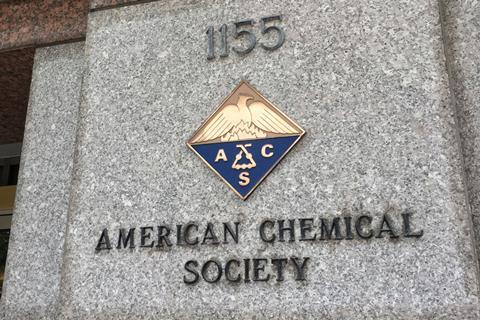
The change follows a lawsuit launched in March against the ACS by advocacy group Do No Harm, which opposes ‘identity politics’ in research and education. In its complaint, Do No Harm argued that the ACS’s Scholars Program discriminates against white and Asian applicants, but the lawsuit was dismissed on 7 May – the same day the ACS announced that it would replace the Scholars Program with one that does not consider race.
The Scholars Program has enabled more than 3500 students to pursue studies in the chemical sciences, many of whom have gone on to earn advanced degrees and become influential figures in the field, according to the ACS. The organisation said it is launching the new programme to support more students and ‘build a robust pipeline of leaders’ in the chemical sciences.
‘Our goal over the next 10 years is to support up to three times as many students as we have in the past decade,’ stated the organisation’s chief executive, Albert Horvath. Applications will open later this year for the 2026–2027 academic year.
Meanwhile, an interim scholarship programme will be available for the upcoming academic year.
Do No Harm celebrated the ACS’s apparent retreat. ‘Allowing identity politics to interfere with merit in medical education is not only a disservice to these future medical professionals, but also the patients they will serve,’ stated Stanley Goldfarb, the chairman of Do No Harm. ‘The ACS replacing its previously discriminatory Scholars Program sends a clear message that racial bias has no place in medicine or medical education.’
This is not Do No Harm’s first success in its fight against diversity, equity and inclusion (DEI) programmes. Earlier this year, the group also scored wins with similar lawsuits against pharmaceutical giant Pfizer and the University of Colorado.
The backdrop for these developments is the executive orders issued by President Trump in January targeting DEI efforts at federal agencies.
Derek Lowe, a US-based drug discovery chemist and Chemistry World columnist, is critical of the ACS. ‘It absolutely is caving in,’ he states. ‘Do No Harm is completely correct in claiming victory.’
Lowe says the ACS is ‘being weak because they fear drawing the attention of the Trump administration by taking a stand on any diversity and inclusion issues’, noting that the administration could make things hard on the organisation by, for example, re-evaluating its tax status, which it is trying to do to Harvard University.
His sentiments are echoed by Natalie Cozier, who directs an innovation consultancy based in Bristol, UK and has mentored Black scientists. ‘ACS ending a programme with a 30-year record of supporting underrepresented students is deeply concerning – even if it’s not surprising given the current legal climate after the US supreme court’s ruling,’ Cozier states, referring to the decision in June 2023 that essentially ended race-based university admissions programmes. There was a sharp increase in legal actions filed by organisations challenging DEI efforts at various institutions after that ruling.
Cozier says that Do No Harm’s legal action against DEI programmes misinterprets the purpose of these initiatives, which is not to provide preferential treatment, but to level a playing field that remains ‘demonstrably uneven’.





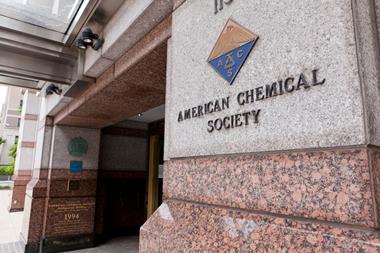
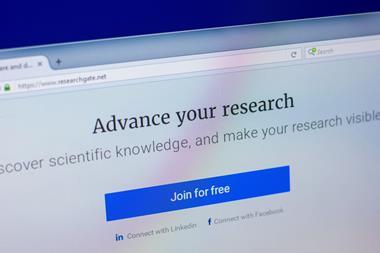
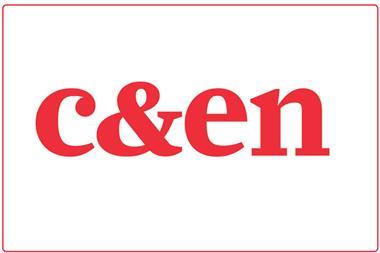
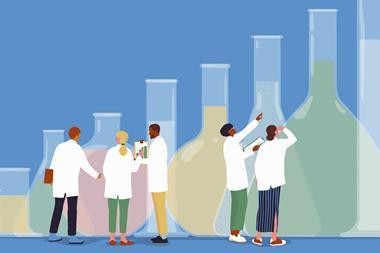
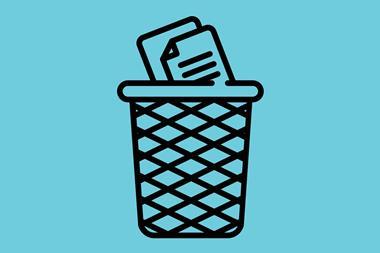
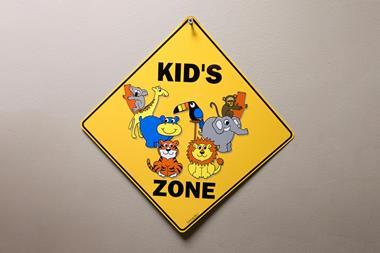






No comments yet